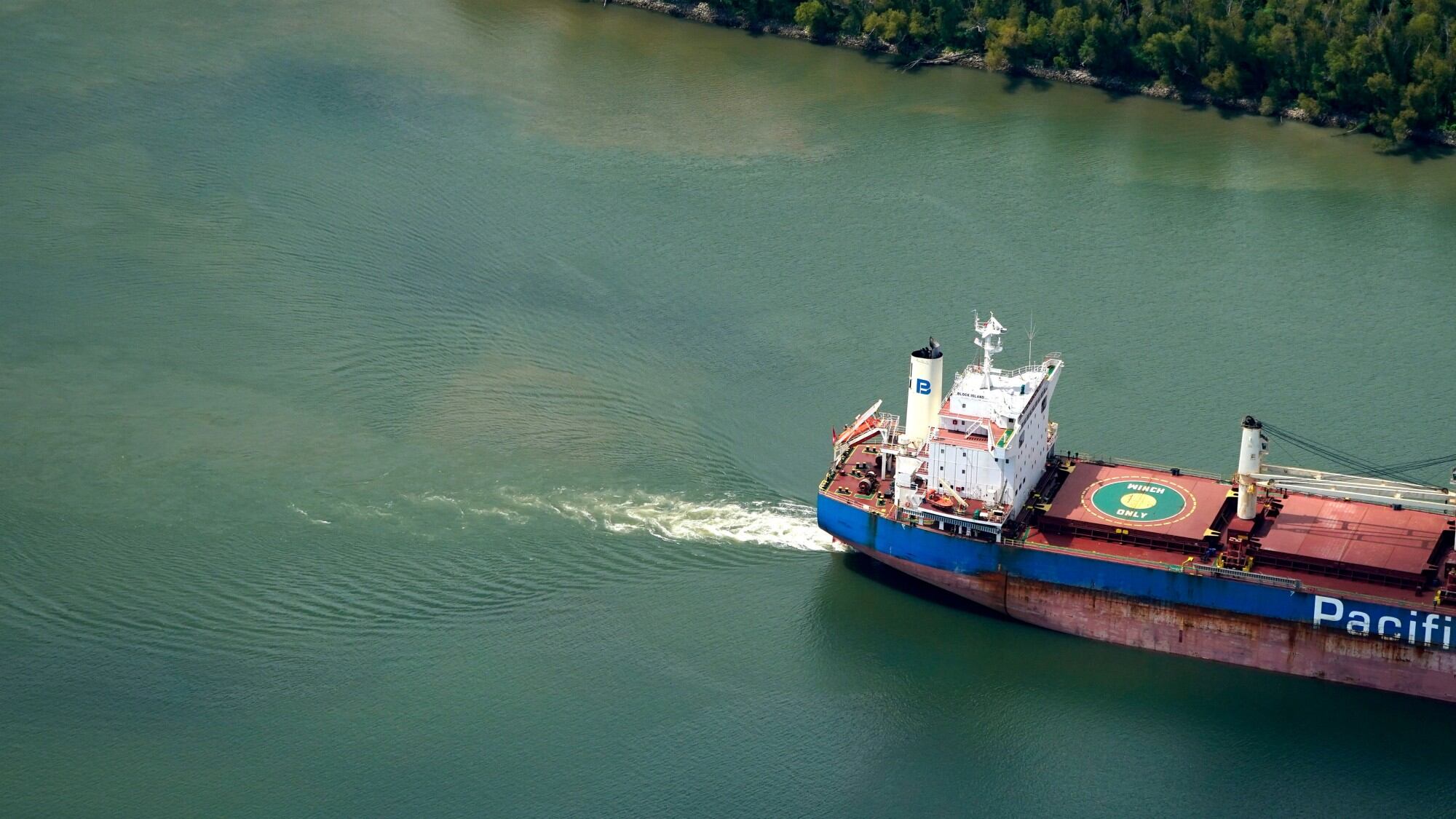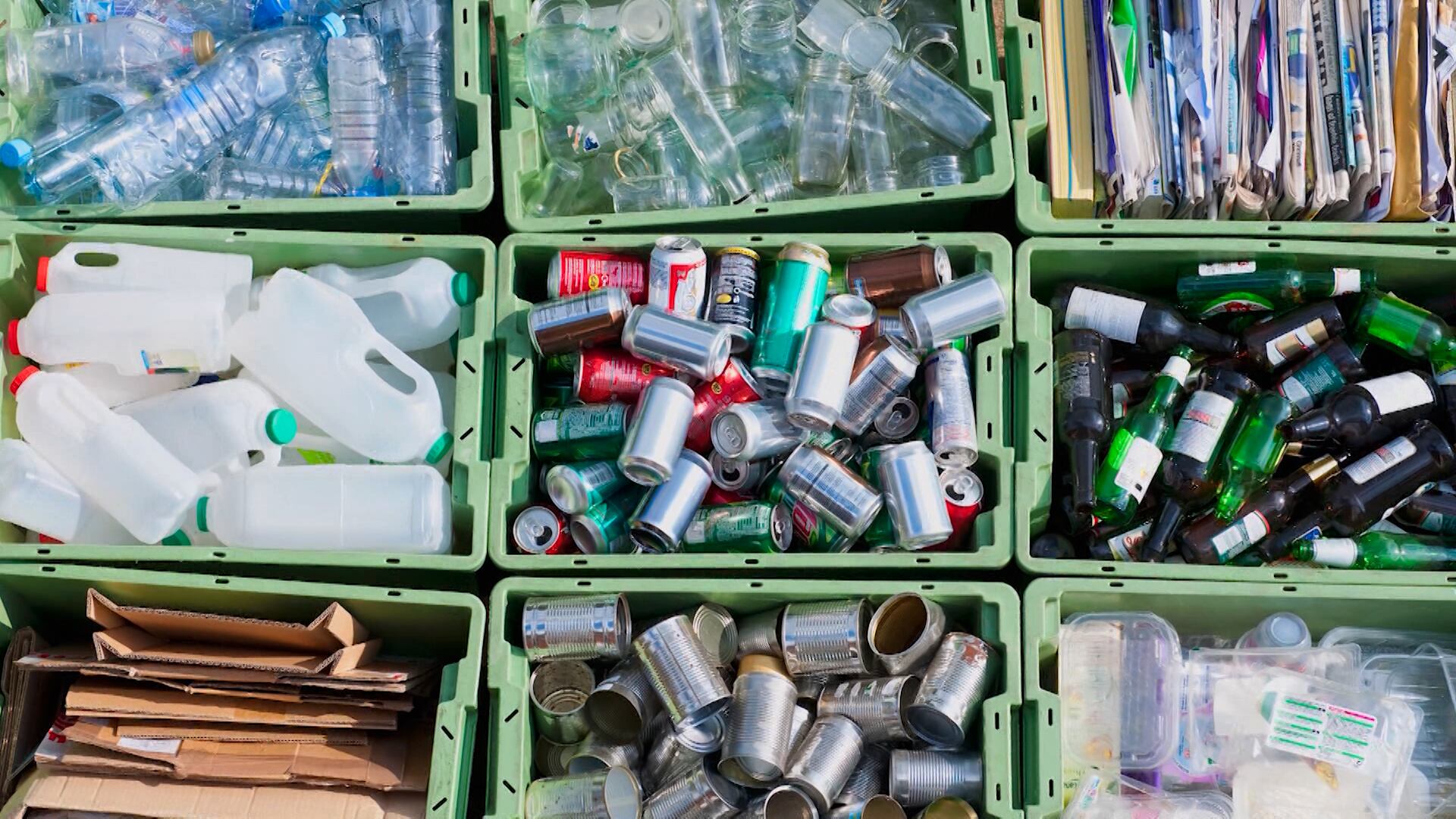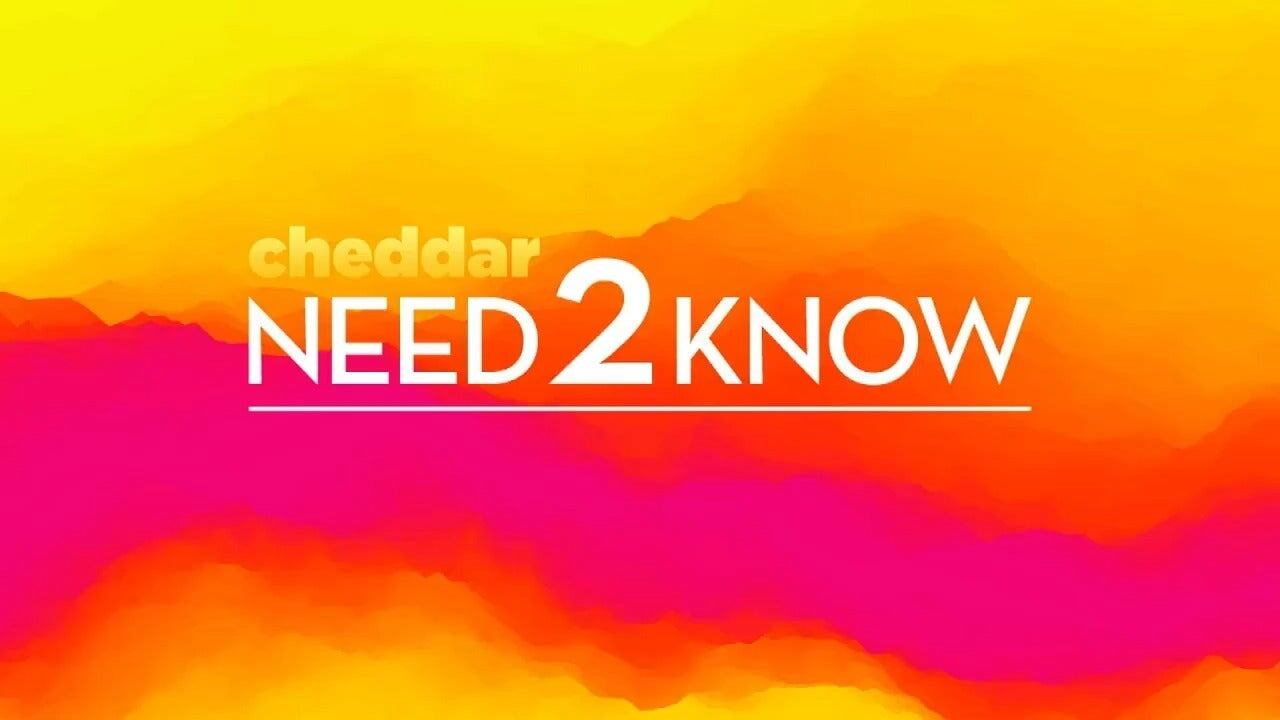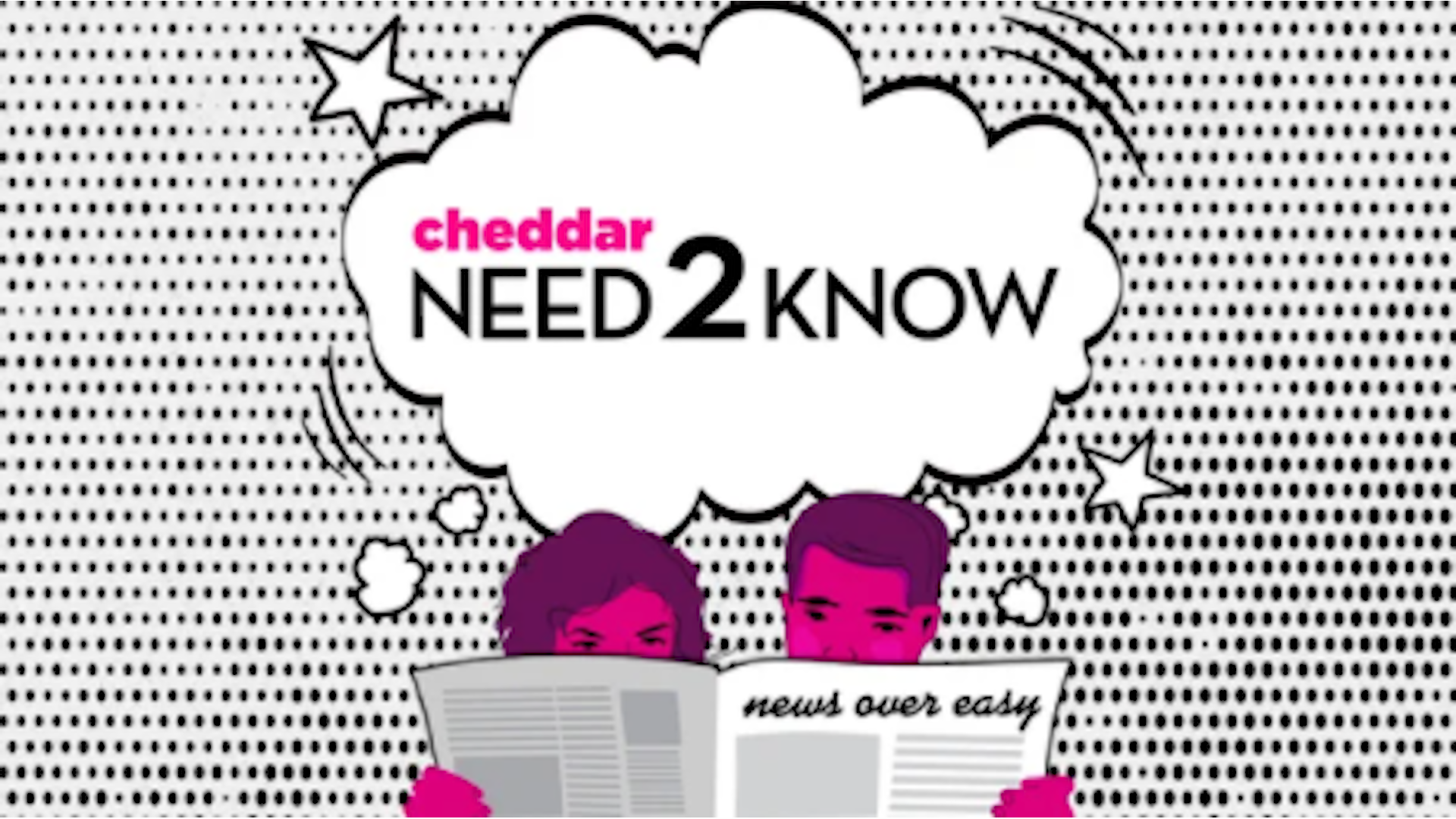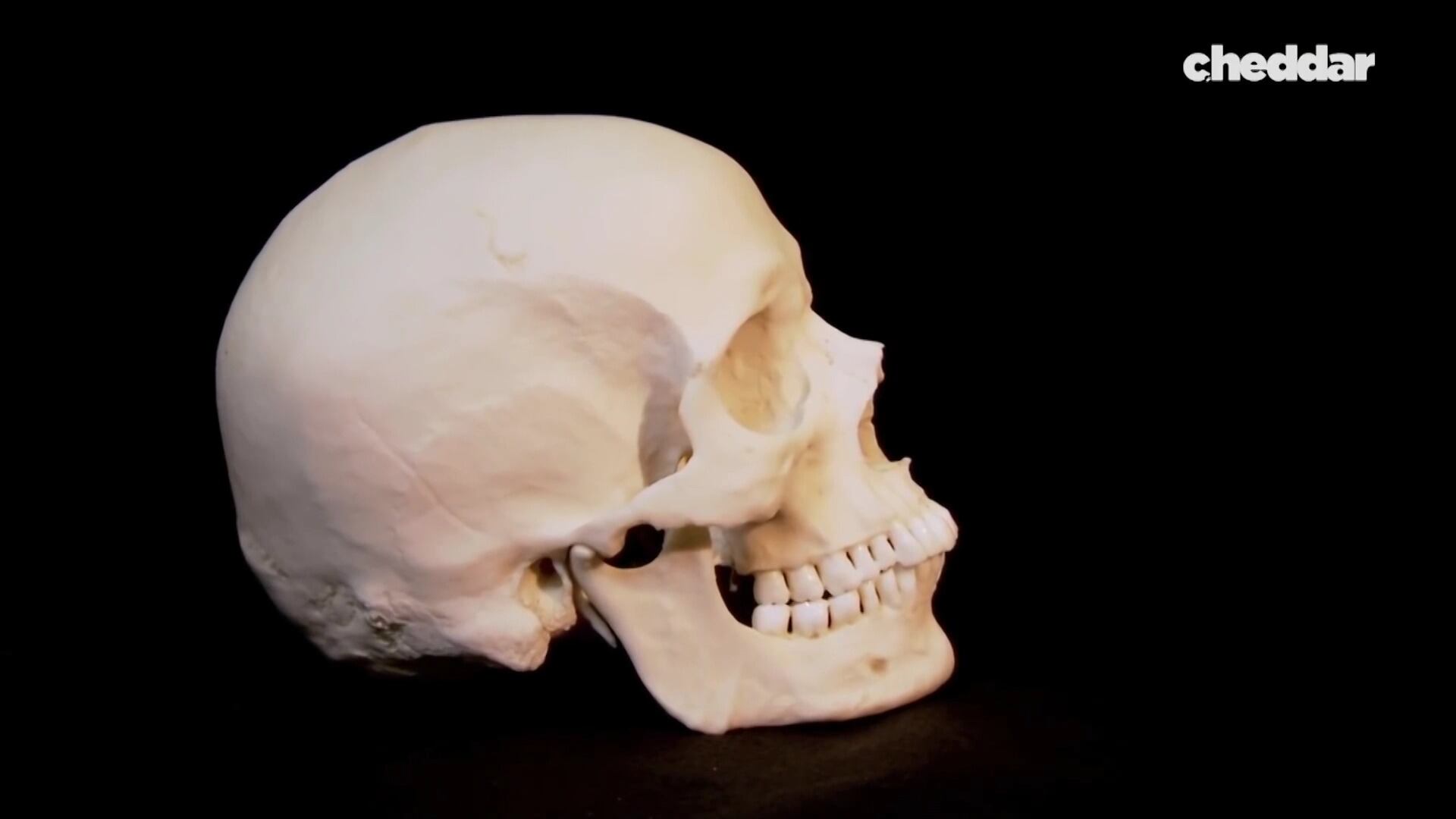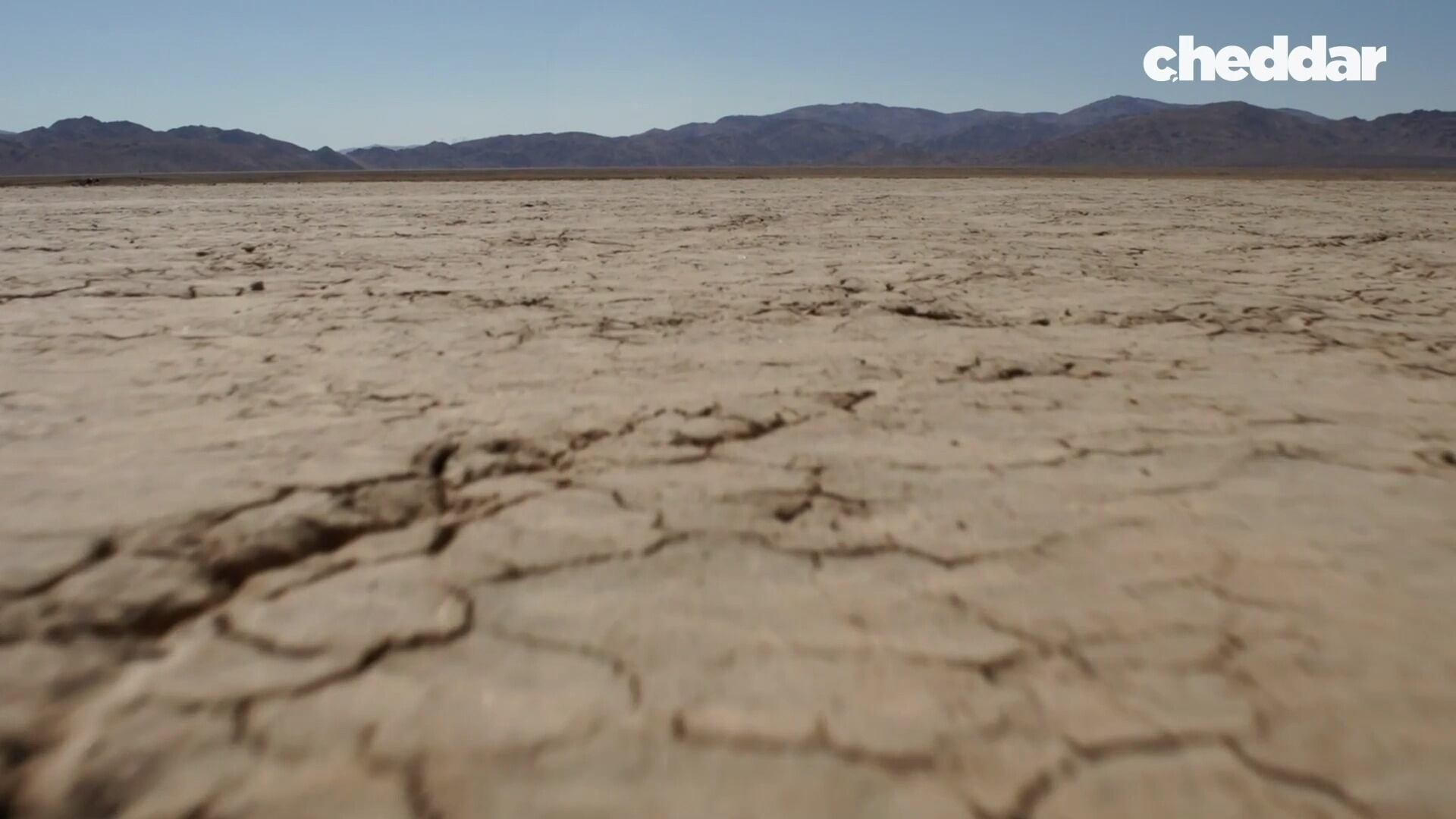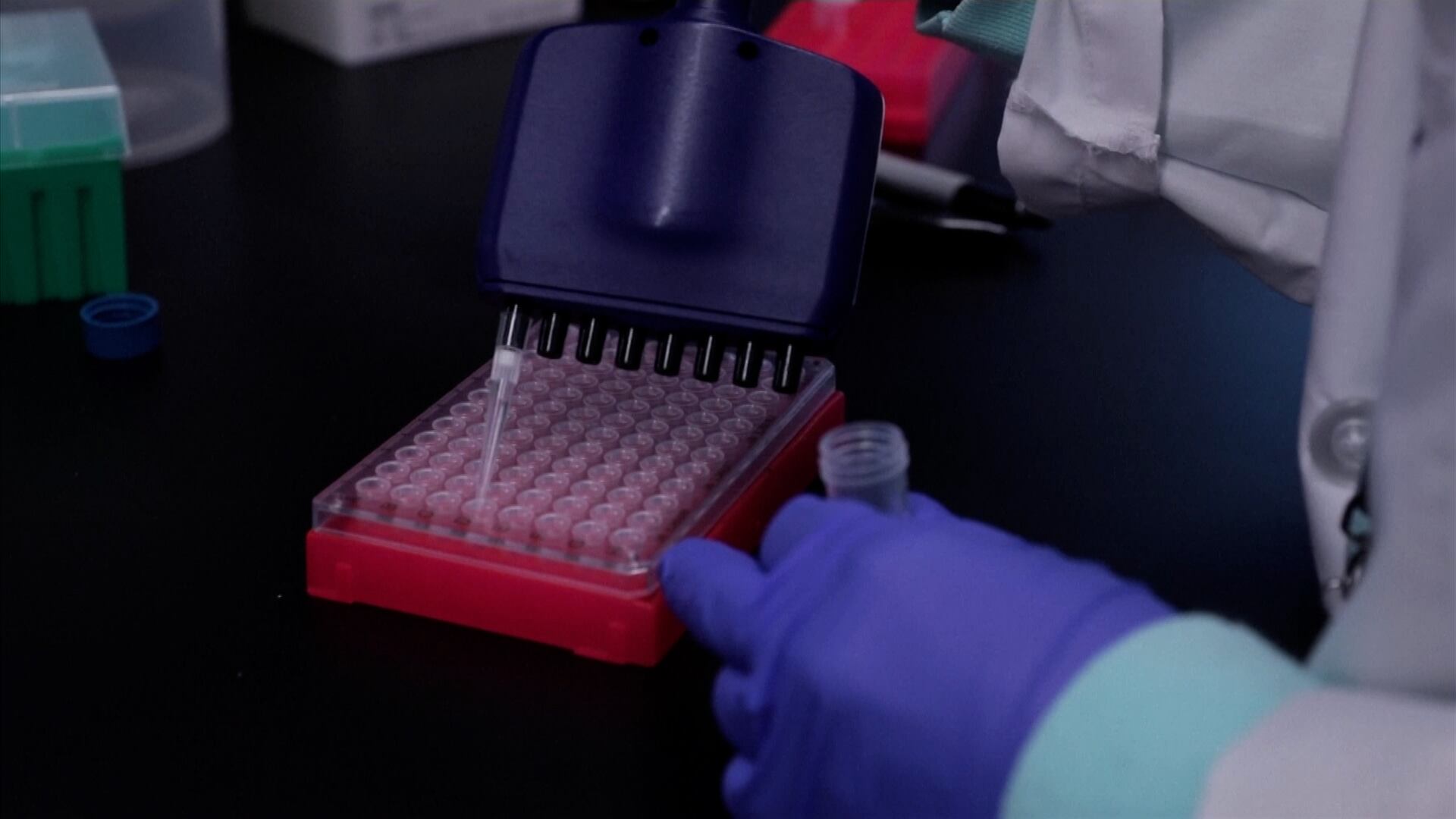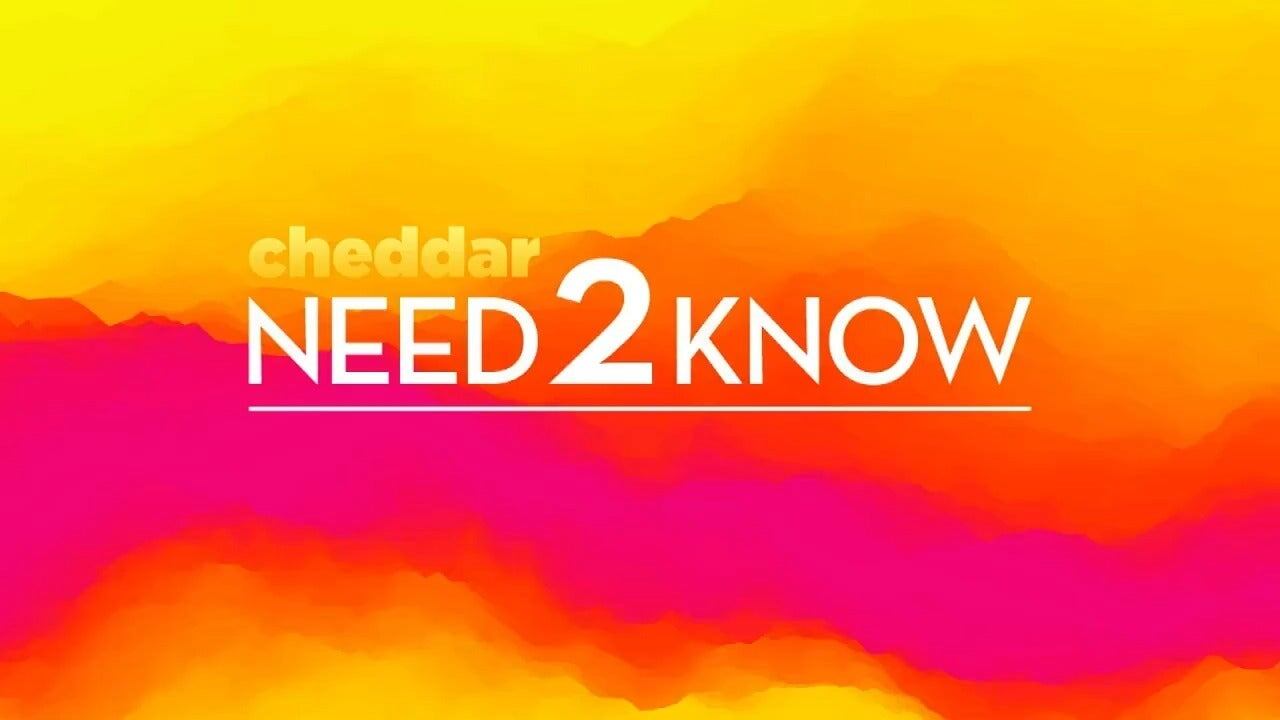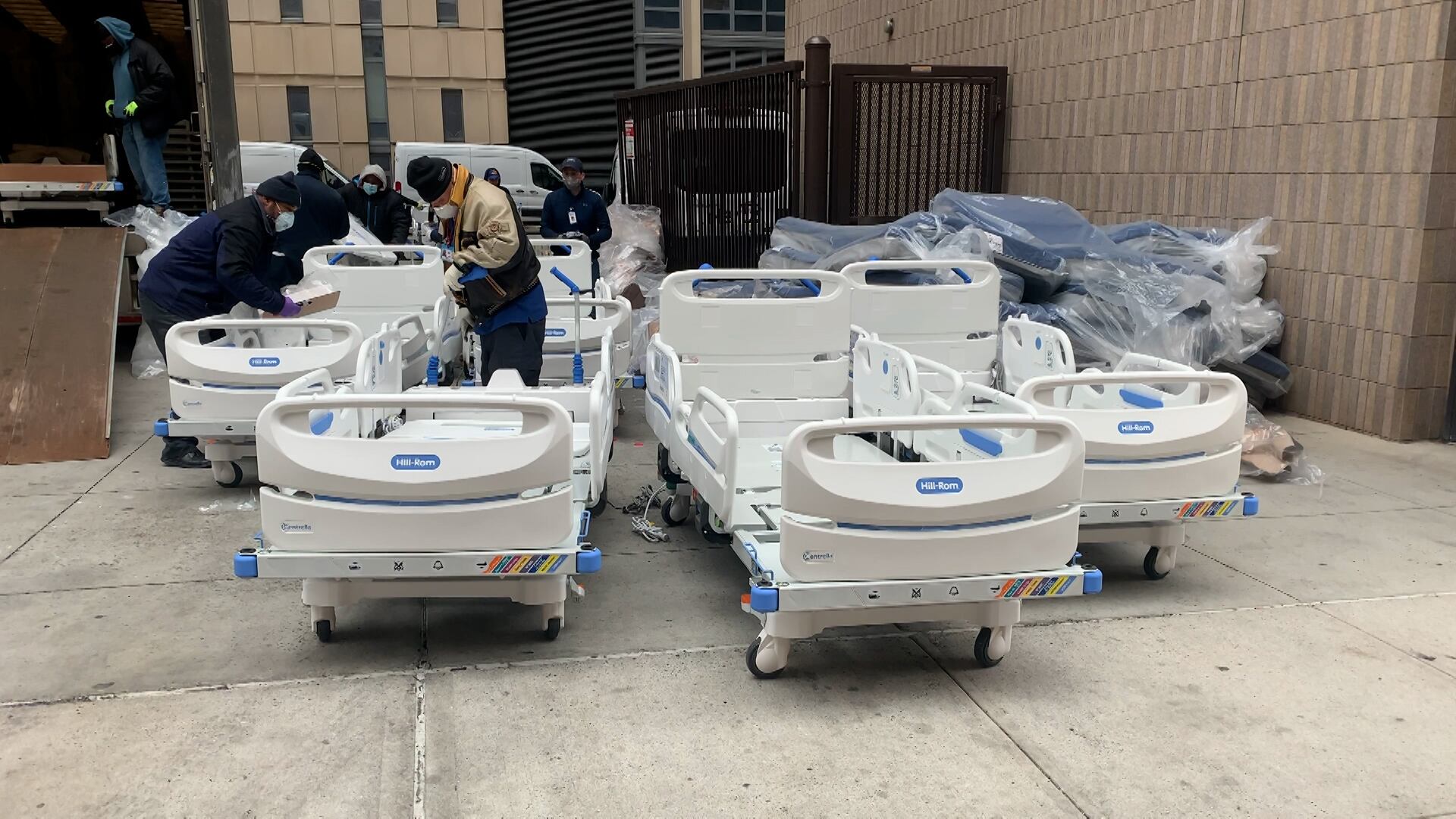By Sara Cline
President Joe Biden announced Wednesday that federal disaster assistance is available for Louisiana, which is working to slow a mass inflow of salt water creeping up the Mississippi River and threatening drinking water supplies in the southern part of the state.
Biden's action authorizes the Department of Homeland Security and the Federal Emergency Management Agency to coordinate all disaster relief efforts, according to a news release from the White House. Additionally, the declaration will allow for more equipment, resources and federal money to address the saltwater intrusion.
“I’m grateful to the Biden administration for making this request a priority and responding quickly to help the people of South Louisiana,” Louisiana Gov. John Bel Edwards said in a news release Wednesday.
For the second year in a row, salt water from the Gulf of Mexico has moved further up the Mississippi, threatening drinking water in communities that rely on the river for fresh water. Typically, the river’s mighty flow keeps mass amounts of salt water from reaching too far inland, but hot and dry conditions across the country this summer triggered drought that slowed the Mississippi’s flow and lowered its water levels.
In parts of Plaquemines Parish, the southeast corner of Louisiana encompasses the final stretch of the Mississippi River before it reaches the Gulf of Mexico, residents have relied on bottled water for cooking and drinking since June.
Drinking water advisories have been issued for some communities in the parish, warning people the water is unsafe to drink, especially for people with kidney disease, high blood pressure, those on a low-sodium diet, infants and pregnant women.
Now the salt water is moving further upriver and will likely reach Orleans, St. Bernard and Jefferson parishes by mid-to-late October, officials say.
Edwards wrote to Biden earlier this week to ask for federal help. In his letter, Edwards said that the issue “is of such severity and magnitude” that state and local authorities can no longer manage it on their own. Federal assistance is “necessary to save lives and to protect property, public health and safety or to lessen or avert the threat of a disaster,” the governor wrote.
While officials say they are praying for rain to help increase the velocity of the drought-stricken river they are also taking matters into their own hands — raising the height of an underwater levee used to block or slow the salt water and bringing in 15 million gallons of fresh water to treatment facilities in impacted areas.
